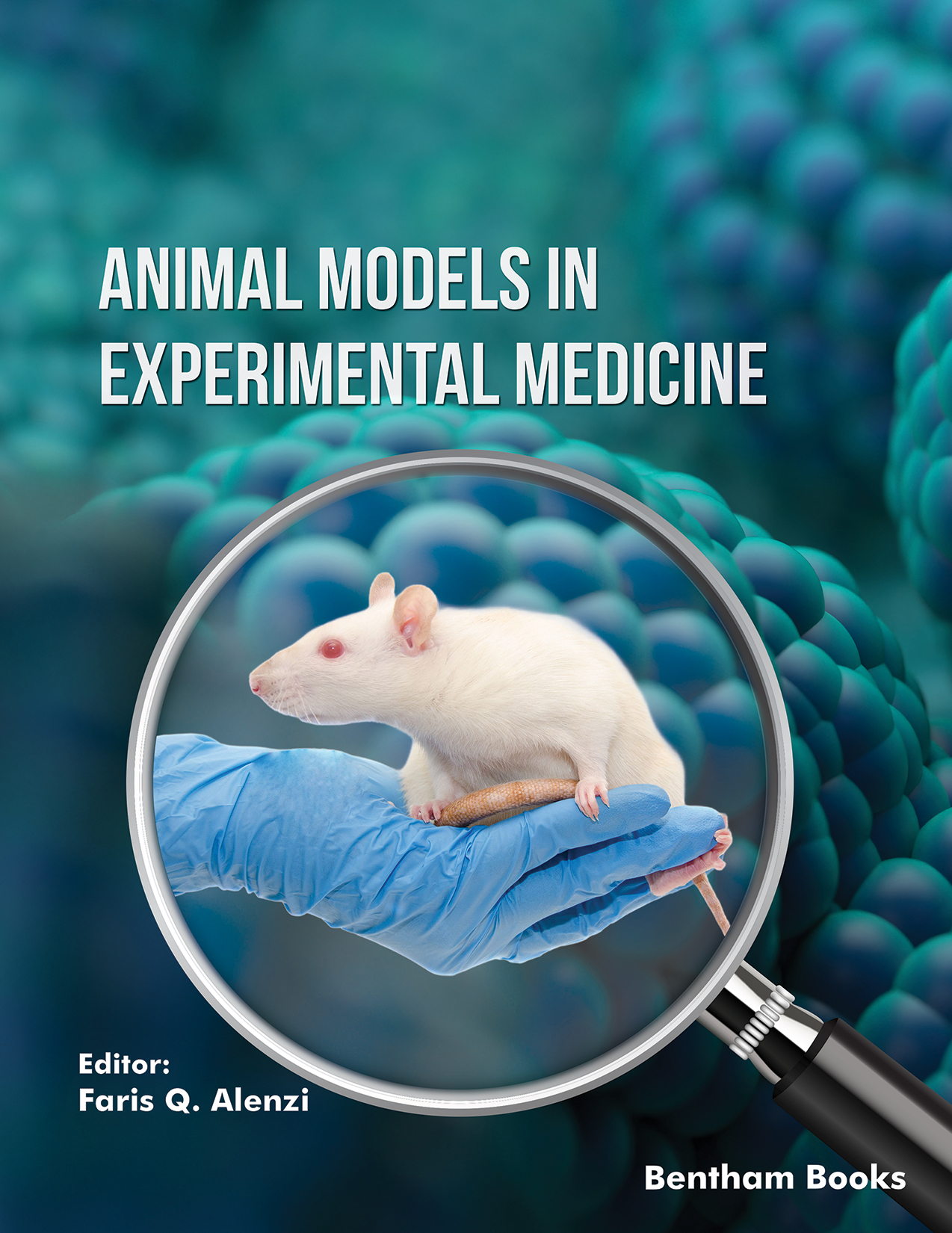Introduction
This reference presents information about models utilized in experimental medicine and pharmaceutical research and development for several human diseases. Written by experts in immunology, cancer biology and pharmacology, the book provides readers with handy notes and updated data on animal models that are critical to research planning and lab execution.
The main feature of the book is a set of 12 structured chapters that focus on a specific disease such as cancer, infectious diseases, autism, autoimmune diseases, Alzheimer’s disease and anemia. The contributors have gathered information on a wide range of genetic and physiological animal models that are employed in research with comparative charts that highlight their main differences. The book also includes chapters for special topics like food allergies and dentistry. Additional features of the book are an explanation of disease mechanisms that give an easy understanding, notes for idiopathic models and specific clinical conditions, and a list of references for advanced readers.
Animal Models In Experimental Medicineis essential reading for scholars, graduate students and senior researchers in life sciences and clinical medicine. It also serves as a resource for professionals involved in bench-to-bedside pharmaceutical projects.
Readership:
Scholars, graduate students and senior researchers in life sciences and clinical medicine; professionals involved in bench-to-bedside pharmaceutical projects.

